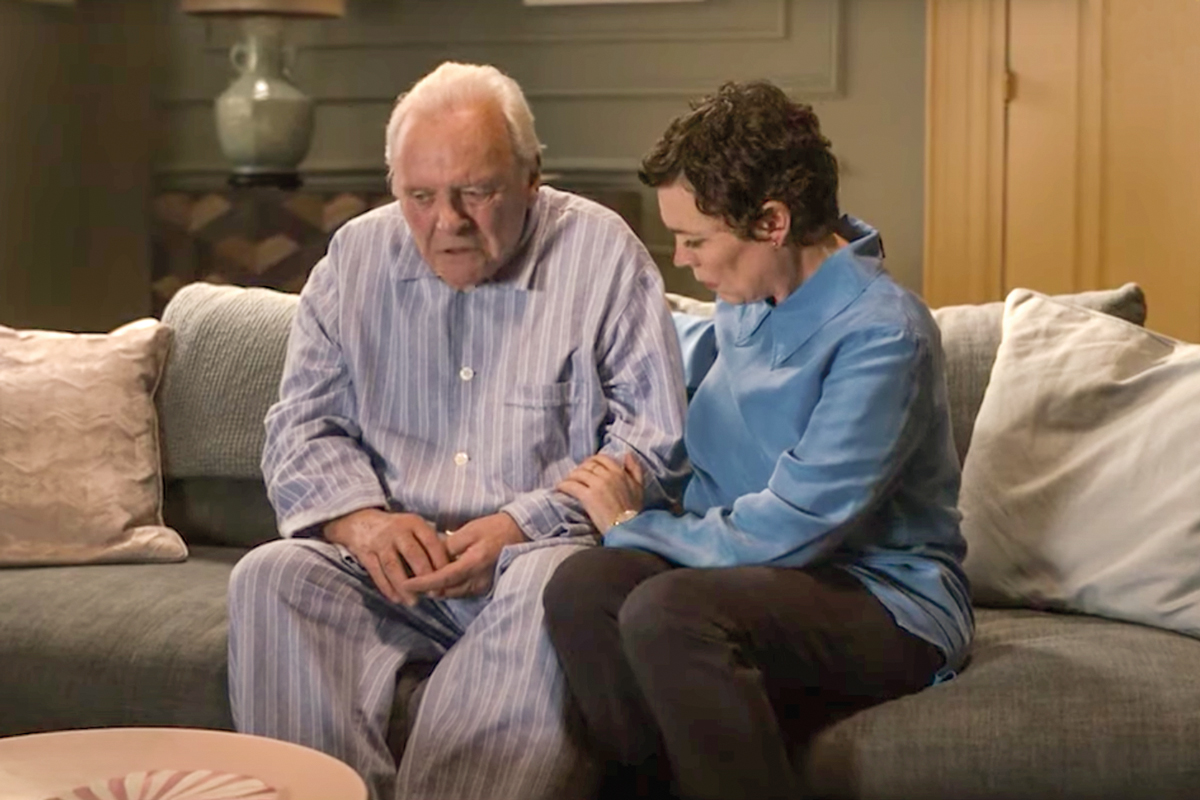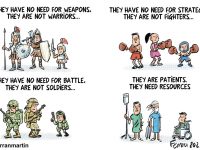
One of the challenges we face today is the reversal of the demographic pyramid. In a poor or developing society, people have many children, but the lack of resources, food and proper health care leads to very high mortality and few people reach old age. When a society provides food and health care, the mortality rate at a young age falls. Add to this improved economic conditions and social progress, such as more women in the labour market and more people completing higher education, and the age at which people have children is pushed back. This is one of the major demographic challenges facing society today. A growing elderly population and fewer young people.
As the elderly population increases, so do age-related health problems. These problems have been under-researched for most of the history of medicine, for obvious reasons. Science first chased viruses and bacteria to control infectious diseases, or vitamins to treat diseases caused by nutrient deficiencies. All those people who were no longer dying of polio, typhoid or scurvy were living longer. And they discovered that led to other problems. The most difficult and complicated of these, especially in the family environment, is when our elders suffer from a disease that affects the brain, so that the person you once knew and loved is no longer there, even if they are still physically present.
The crime novel critic Paco Camarasa says that if you want a book to be successful, you should never include child abuse or a character with Alzheimer’s. These subjects are so difficult that readers do not want to read on. Alzheimer’s is one of the most common diseases to affect the brain in old age. It is caused by the build-up of deposits of a protein that has misfolded in nerve cells and eventually kills them. Another is vascular dementia, which causes small strokes in the brain that gradually reduce the patient’s abilities. Finally, the least known is Lewy body dementia, which is similar to Alzheimer’s in that it is caused by the build-up of a protein in the brain, but it is not the same protein and it develops much more quickly. It became well known after the suicide of actor Robin Williams, who had been diagnosed with the disease. A person suffering from any of these diseases will lose cognitive abilities, but each one presents with different symptoms and the abilities they lose are different in each case.
Some films have tried to tackle this problem, ignoring Paco Camarasa’s recommendations. Personally, it takes me out of the story when a character appears to be suffering from Alzheimer’s, but their behaviour is not that of a person with the disease, as in the case of José Coronado in the Spanish TV series Unauthorised living. I think the most respectful and best film that has dealt with this subject is The father, by the Oscar-winning director Florian Zeller (he won the Oscar for another film). In The father we find Anthony Hopkins – who, despite his age, wants to continue to live alone and lead his own life – and his daughter, who wants him to be better cared for. The problem is that it is sometimes unclear who his daughter is, as the story is told from the father’s point of view. The loss of the ability to recognise people is a symptom of Alzheimer’s disease. In Spain, Antonio Mercero’s ¿Y tú quién eres? (‘And who are you?’) also deals with the subject in an apt and very human way. The title itself is a warning of what could happen to us.





